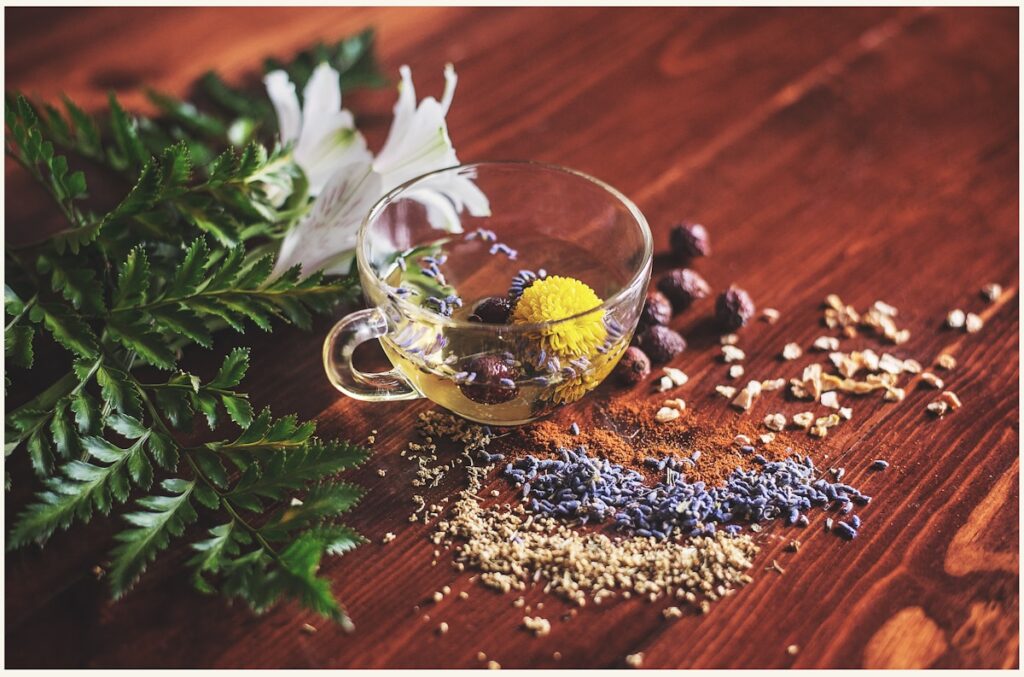Monsoon season often brings an increase in eye infections due to the humid and wet conditions. Here’s a comprehensive guide on treating eye infections with Ayurveda, understanding why conjunctivitis is common during monsoon, identifying various eye diseases, and exploring effective home remedies.
How to Treat Eye Infections During Monsoon in Ayurveda

- Triphala Eye Wash: Boil Triphala powder in water, cool it down, and use it to rinse the eyes. It helps in reducing inflammation and clearing infections.
- Castor Oil Drops: Apply a drop of pure castor oil in each eye before bedtime to relieve dryness and irritation.
- Aloe Vera Gel: Apply fresh aloe vera gel around the eyes to reduce inflammation and soothe the skin.
Why is Conjunctivitis Common in Monsoon?
- Humidity: The increased moisture in the air creates an ideal environment for bacterial and viral growth.
- Crowded Places: Monsoon often leads to people congregating indoors, increasing the chances of spreading infections.
- Water Contamination: Dirty rainwater can come into contact with the eyes, leading to infections.
Common Eye Diseases During Monsoon

- Conjunctivitis (Pink Eye): Symptoms include redness, itching, and discharge.
- Styes: Painful lumps near the eyelids caused by bacterial infections.
- Allergic Reactions: Caused by increased pollen and mold due to dampness.
Home Remedies for Eye Infections
- Cold Compress: Applying a cold compress can reduce swelling and provide relief from pain.
- Tea Bags: Placing used, cooled tea bags over the eyes can help reduce inflammation.
- Cucumber Slices: Placing chilled cucumber slices on closed eyes can soothe irritation.
Best Ayurvedic Herbs for Eye Infections During Monsoon
- Triphala: Known for its healing properties and is excellent for eye health.
- Bilberry: Contains antioxidants that support eye health.
- Gotu Kola: Enhances blood circulation and strengthens eye tissues.
Beneficial Juices for Eye Infections

- Carrot Juice: Rich in Vitamin A, it helps maintain eye health and prevents infections.
- Spinach Juice: Contains lutein and zeaxanthin which are beneficial for the eyes.
- Amla Juice: High in Vitamin C, it boosts immunity and eye health.
Natural Antibacterials for Eyes
- Honey: Known for its antibacterial properties, honey can be diluted with water and used as eye drops.
- Turmeric: Its anti-inflammatory and antibacterial properties help in treating infections.
- Chamomile: Chamomile tea can be used as an eye rinse to soothe infections.
Is Tulsi Good for Conjunctivitis?

Tulsi (holy basil) is often praised for its medicinal properties, and it is sometimes used as a home remedy for various ailments, including conjunctivitis (pink eye). Here’s how Tulsi might help with conjunctivitis:
- Anti-inflammatory Properties: Tulsi has anti-inflammatory compounds that can help reduce inflammation and swelling in the eyes.
- Antibacterial and Antiviral: Tulsi has antibacterial and antiviral properties, which might help in cases of conjunctivitis caused by infections.
- Antioxidant Effects: The antioxidants in Tulsi can help reduce oxidative stress and support overall eye health.
- Soothing Effect: Tulsi tea or infusions may provide a soothing effect when applied to the eyes.
How to Use Tulsi for Conjunctivitis:
- Tulsi Tea Compress: Brew a strong Tulsi tea, let it cool, and then use it as a compress over your closed eyelids. This can help soothe the eyes and reduce inflammation.
- Tulsi and Water Rinse: Boil Tulsi leaves in water, strain the mixture, and use the cooled liquid to rinse your eyes.
Note: While Tulsi might offer some relief, it’s important to consult a healthcare professional for proper diagnosis and treatment of conjunctivitis, especially if symptoms persist or worsen. Tulsi should not be used as a sole treatment, especially in cases of bacterial or viral conjunctivitis that may require specific medications.
Plants Good for Eye Infections
1. Chamomile (Matricaria chamomilla)
- Properties: Anti-inflammatory, soothing, and antiseptic.
- Use: Chamomile tea can be used as a compress for the eyes to reduce inflammation and soothe irritation.
2. Aloe Vera (Aloe barbadensis)
- Properties: Anti-inflammatory, antibacterial, and soothing.
- Use: Aloe vera gel can be applied around the eyes to reduce inflammation and provide relief from irritation.
3. Green Tea (Camellia sinensis)
- Properties: Antioxidant, anti-inflammatory, and antibacterial.
- Use: Green tea bags can be used as a warm compress to reduce swelling and irritation.
4. Calendula (Calendula officinalis)
- Properties: Anti-inflammatory, antiseptic, and healing.
- Use: Calendula tea can be used as a wash or compress to soothe irritated eyes.
5. Euphrasia (Euphrasia officinalis)
- Properties: Anti-inflammatory, astringent, and soothing.
- Use: Euphrasia (Eyebright) tea or tincture can be used as an eyewash to relieve eye infections.
6. Neem (Azadirachta indica)
- Properties: Antibacterial, antifungal, and anti-inflammatory.
- Use: Neem leaves can be boiled and the cooled solution used as a wash to treat eye infections.
7. Tulsi (Ocimum sanctum)
- Properties: Antibacterial, antiviral, and anti-inflammatory.
- Use: Tulsi tea or infusions can be used as a compress or eyewash to help with infections.
8. Rose Water
- Properties: Soothing and anti-inflammatory.
- Use: Rose water can be used as a gentle eye wash to soothe and refresh the eyes.
How to Use Plant Remedies Safely:
- Preparation: Always ensure that any plant material used is clean and free from contaminants.
- Application: Test a small amount first to check for any allergic reactions.
- Consultation: For persistent or severe eye infections, consult a healthcare professional to ensure proper treatment and avoid complications.
These remedies can provide relief and support healing, but they should not replace professional medical treatment for serious or persistent eye infections.
By following these Ayurvedic practices, you can effectively manage and prevent eye infections during the monsoon season. For severe or persistent symptoms, it’s essential to consult an Ayurvedic practitioner or a healthcare professional.







